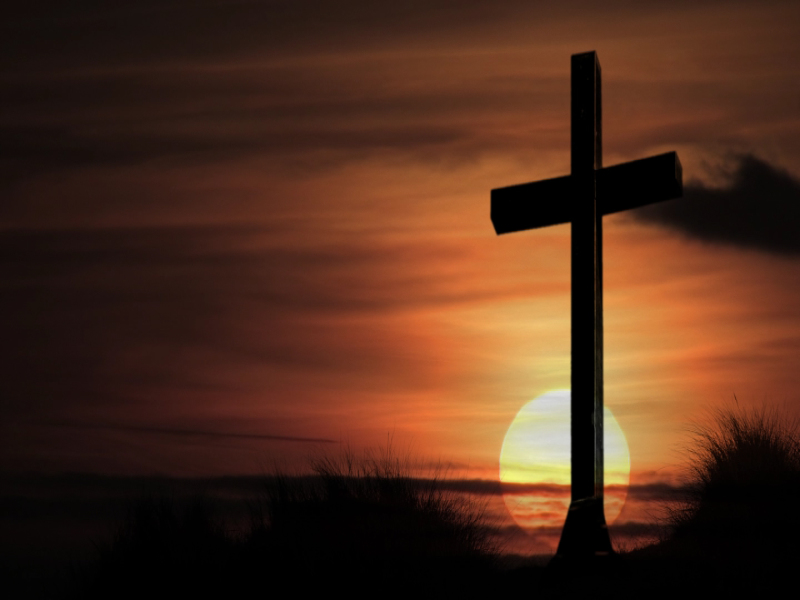

Theological seminaries and institutions in Korea have been major contributors to the Church and society by producing great scholars and pastors. In recent years, the overall educational standards for pastors and theologians in Korea have been raised. However, many pastors and theologians have earned Ph.Ds. These well-educated church leaders have examined and discussed various theological topics in a lively fashion. Nevertheless, the studies of recent theological themes have gone in three directions.
Firstly, the attention and concern for environmental pollution and ecological destruction has been the subject of theology. The theology of nature - such as the conservation of God's creation and the salvation of nature - has become more important than ever in relation to the recent crisis of the ecological system. Now, dealing with the problem of human sin and salvation has become old-fashioned. Theologians try to avoid this problem about which modern Christians are reluctant to hear. We cannot see serious discussions about the problem of human sin and salvation anywhere else. However, is the destruction of nature ultimately derived from human sinfulness? Can we discuss the salvation and conservation of nature without first considering human sin's effect on nature?
Secondly, to gradually increase the interest of both social-political interpretation and practical theology in theology leads to seriously distort the concept of sin and salvation. Most modern theologians try to explain that sin is the problem of social structure - such as the gap between rich and poor or the suppression of human rights - and salvation is to resolve the social problem as well as to recover full humanity. Pastors, as well as theologians prefer to use the term "inner wound' and "inner healing' rather than "sin' and "salvation' due to the influence of practical theology, especially Christian Counseling. But is sin just the problem of social structure? How could psychological terms like 'inner wound' and 'inner healing' or the ethical term "full humanity' be substituted with the deeper meaning of 'sin' and 'salvation?
Thirdly, as interreligious dialogue and ecumenical theology have become more important, the doctrines of God and the Holy Spirit have become more important themes in theology than those of Christ and Salvation. For theologians who think that interreligious dialogue and ecumenical movements are more important; the doctrine "Jesus Christ only' (Sola Christus) as the fundamental doctrine of Christianity is considered the obstacle for interreligious dialogue. These theologians believe that this exclusive doctrine of Christianity - Sola Christus - made most Christians exclusive and caused the conflict of religions. Therefore, they are more interested in "the Hidden God' or "Holy Spirit' than "Christology' or "Soteriology' as an exclusive doctrine. Relatively, the theology of Jesus Christ and cross-centered theology are weakened. However, how can we say that interreligious dialogue is more important than the cross of Jesus Christ? Can we say that Christians who kneel before the cross and repent their sin would rather treat other religions with love and generosity.
The situation of churches in Korea is similar to that of theology. Since the 'Pyongyang Great Revival Movement in 1907' and the industrialization of Korea in 1970, the number of physical churches, as well as church membership, has increased at a rate unprecedented in the history of Christianity. Of the fifty largest churches in the world, twenty-six are in Korea and thirty percent of Korea's nearly fifty-million people are Christians. Influence of Korean churches continues to increase in Korean society. As an elder of a church, president-elect Lee Myung-bak was just one example of the increasing power of the Korean church. As negative aspects hidden behind the growth of the Korean church are revealed, Christianity in Korea causes serious social problems. Recently, a sexual harassment scandal concerning a pastor of a famous church in Seoul and the news that a large church in Seoul will cost nearly $100 million dollars to rebuild have caused quite a stir throughout Korean society.
As disciples of Jesus Christ, Christians who have the responsibility to play a leadership role in society have lost the basic meaning of Christian faith and have instead recognized the Christian community not as the community of faith and fellowship, but as an important means to meet networking sources. Moreover, it is already known that some members from a particular church in Gangnam, an affluent district in the southern part of Seoul, were assigned to important cabinet positions in Lee Myung-bak's administration. Now, Christianity in Korea is not the religion of love and generosity but rather the subject of dislike and hate. Even Christianity has become the latest target of accusations in Korean society as many "anti-Christian' internet cafés have sprung up.
Why has the Korean Christian Church become the target of social criticism? I believe that our theologians and pastors themselves in Korea are to blame for these matters. While there are numerous crosses which are illuminated at night, there is no cross present in theology and churches. The proclamation of churches in Korea is filled with words of glory and blessing based on shamanism. Unbeknownst to anyone, the pastors of these churches stress 'positive power'' and' "self-confidence ' for their church members to succeed in this world. Wealth and social status will be the key to judge God's blessing. 'Faith alone' (Sola fide) is replaced with 'self-confidence' and 'self-reliance' arisen from the inner world of human being. 'Proclamation of the cross' can be found nowhere else. The pastors already well know how important 'proclamation of the cross' is. They are afraid that the church members might leave the church. Most of the pastors in Korea proclaim "gospel without cross' which church members want to hear.

Reverend and Doctor Jin O, Jeong is an assistant pastor for Korean congregation at Zion Lutheran Church, Belleville, IL. He graduated from Luther University and received a Ph.D from Yousei University. He was also a Research Fellow at Hebrew University and Visiting Scholar at Yale Divinity School. Tel: 618-920-9311 Email : jjeong@zionbelleville.org



















